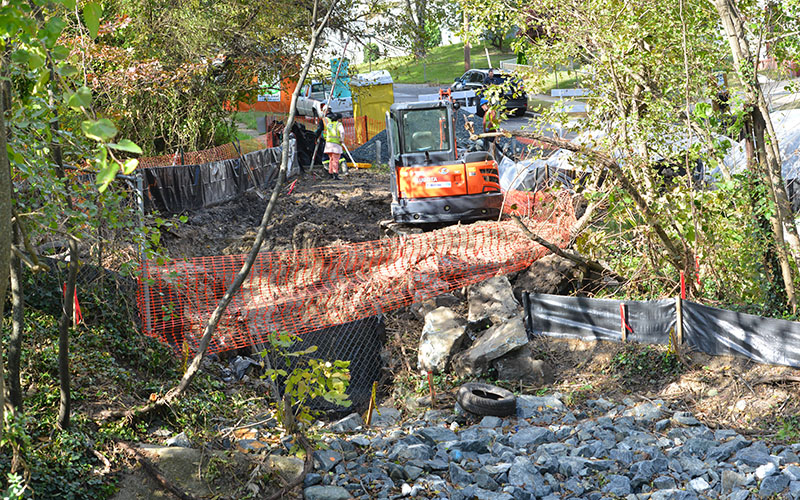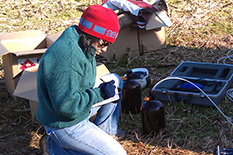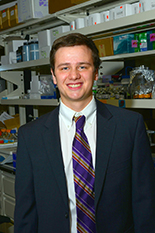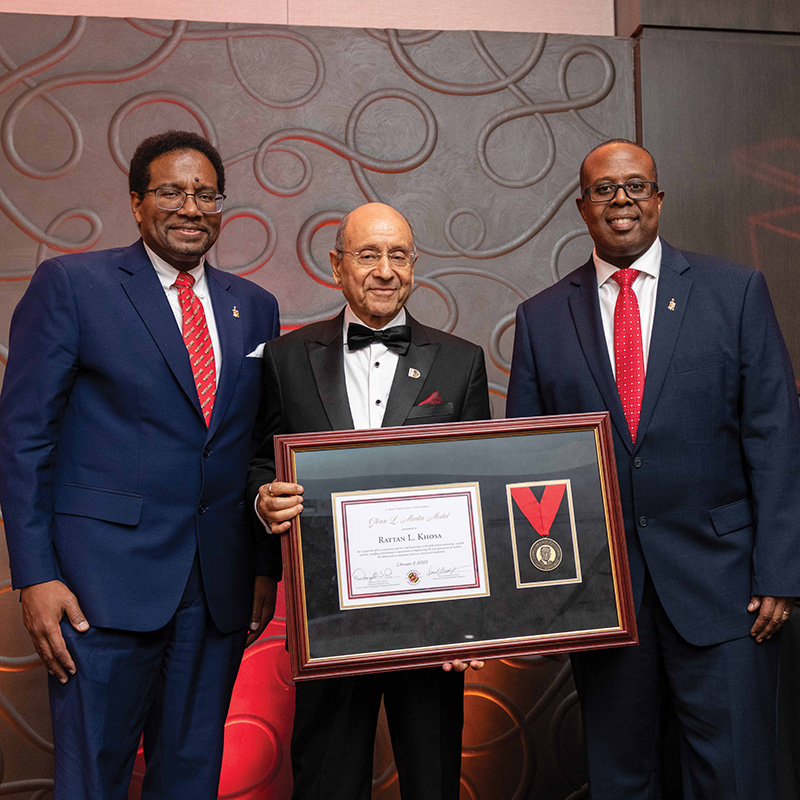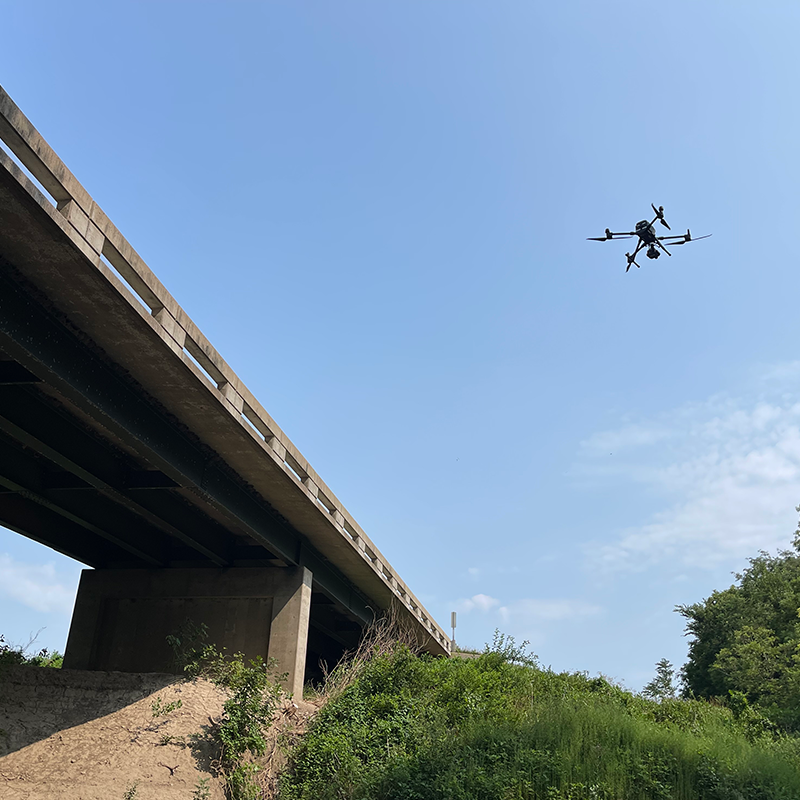News Story
Report Recommends Improvements to Industrial Stormwater Program

A study committee chaired by Allen P. Davis, professor of civil and environmental engineering at the University of Maryland’s A. James Clark School of Engineering, has released a report recommending steps the Environmental Protection Agency (EPA) can take to strengthen the nation’s stormwater permitting program for industrial facilities.
Davis, an internationally-recognized expert on stormwater management and bioretention, is Charles A. Irish Sr. Chair in Civil Engineering at the university.
The report, Improving the EPA Multi-Sector General Permit for Industrial Stormwater Discharges, was commissioned by the National Academies of Sciences, Engineering, and Medicine. It provides guidance to the EPA regarding the next revision of the Multi-Sector General Permit (MSGP) program, which requires industries to properly manage stormwater to prevent pollutants from being discharged into the environment at dangerous levels.
Under the Clean Water Act, industrial facilities are regulated via the MSGP, which sanctions the discharge of stormwater runoff associated with manufacturing, processing, material storage, and waste material disposal. The MSGP is one of three permit programs under the Clean Water Act that are used to regulate discharges of stormwater into local waters; the other two govern municipalities and construction sites.
The MSGP should not be a static enterprise but, rather, incorporate new knowledge through the revision process, according to Davis. “Both permitted facilities and the nation’s waters would be best served by a progressive and continuously improving MSGP based on focused data-gathering efforts and analysis of new data, advances in industrial stormwater science and technology, and structured learning,” he said.
The report recommends that the revised MSGP require industry-wide monitoring of three specific parameters—pH, total suspended solids, and chemical oxygen demand—that can signal inadequate site management and stormwater control measures. It also urges the EPA to adopt a tiered approach to monitoring, with lighter or heavier requirements depending on the level of risk associated with a particular facility.
Additional recommendations include basing benchmark thresholds for pollutants on toxicity criteria based on short-term or intermittent exposures, and suspending or removing the benchmarks for magnesium and iron until new ones can be developed based on long-term effects of intermittent exposure. Davis and the study committee are also calling on the EPA to update its protocols, boost training, and strengthen the use of data management tools in order to obtain better-quality monitoring data.
Moreover, the committee is recommending closing classification loopholes that keep certain kinds of facilities—including school bus transportation facilities and fuel storage depots—out of the MSGP because they are considered non-industrial, even though they can generate stormwater pollutants at levels of concern.
The study, commissioned by the National Academies with sponsorship from the EPA, was carried out by a committee of eight experts,with Davis as chair. The National Academies of Sciences, Engineering, and Medicine are private, nonprofit institutions with a mission of providing independent, objective analysis that can help shape public policy and address complex problems.
Davis has helped shape stormwater best management practices used by municipalities across the country. His research focuses on the sources and characteristics of pollutants in urban and highway stormwater runoff and on the evaluation of bioretention for managing runoff flows and reducing pollutant levels.
He is co-author of the book Stormwater Management for Smart Growth and serves as the inaugural editor for the Journal of Sustainable Water in the Built Environment, published by the American Society of Civil Engineers (ASCE).
Davis is an ASCE Fellow, an Environmental and Water Resources Institute Fellow, and a diplomate of the American Academy of Water Resources Engineers. In 2009, he received the Outstanding Faculty Research Award from the Clark School in recognition for his work, which includes the first fundamental research to have been carried out on nature-based bioretention.
Published March 5, 2019
